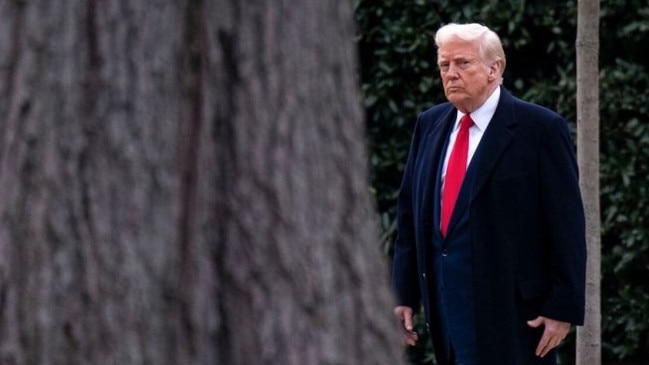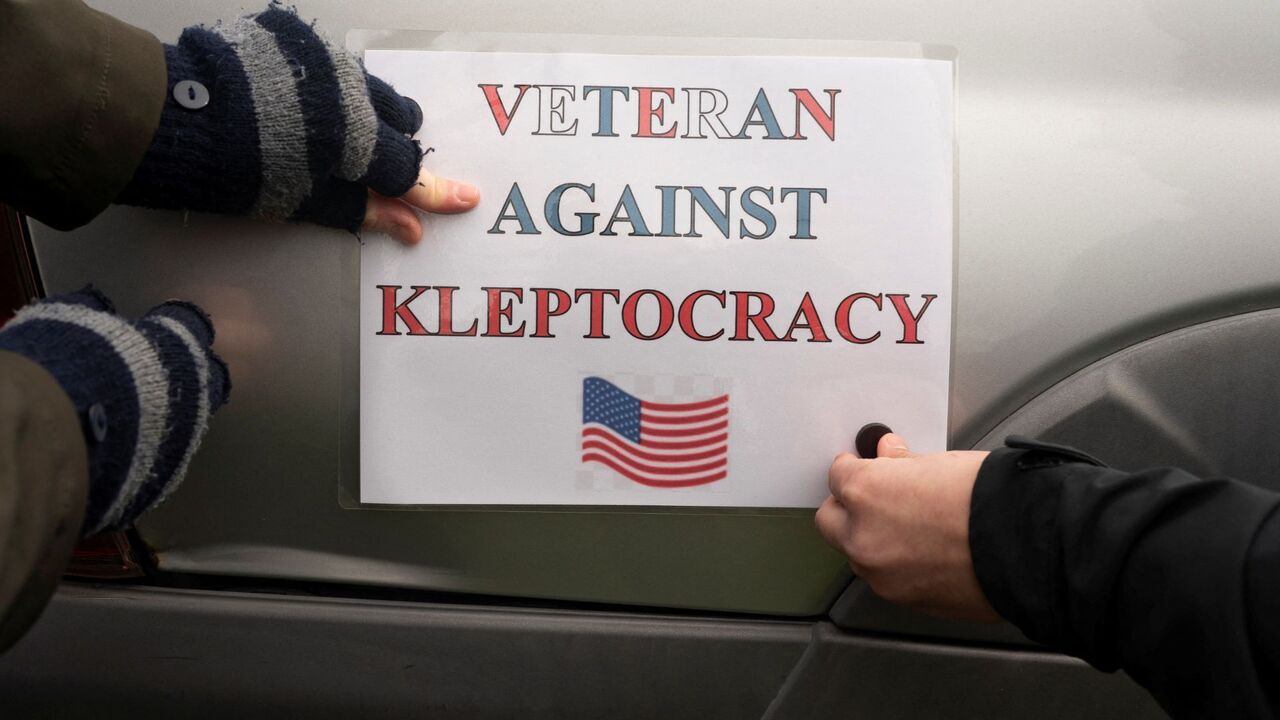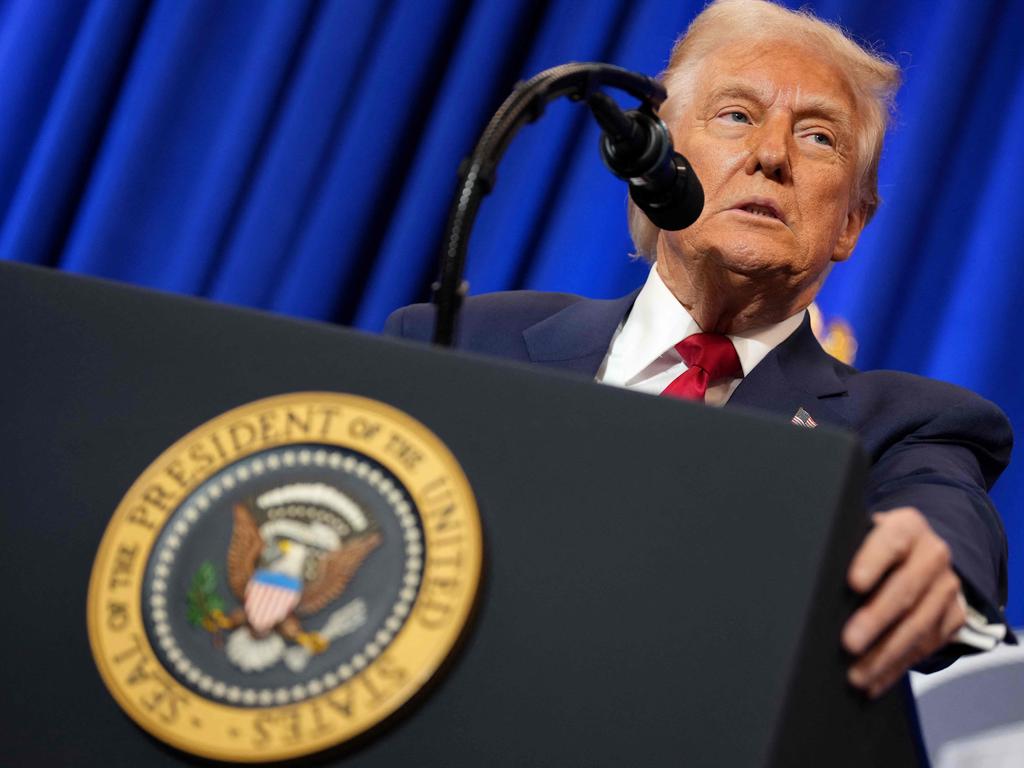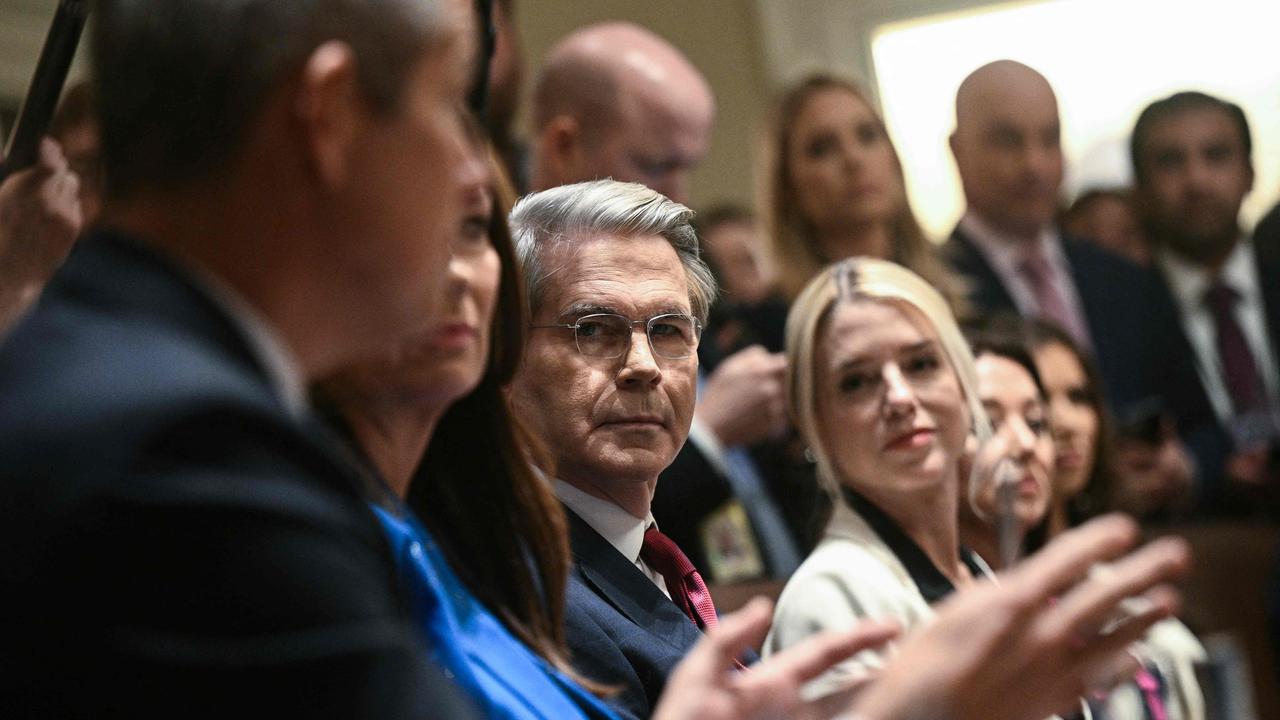Judge still to decide on whether Trump’s invocation of Alien Enemies Act is lawful
The US President had looked to the Alien Enemies Act to help speed up the pace for removing migrants.

A federal judge has temporarily blocked US President Donald Trump from using a centuries-old wartime law known as the Alien Enemies Act to deport Venezuelan citizens who are detained in US jails.
During an emergency court hearing, US District Judge James Boasberg said he hadn’t reached any final conclusions on whether Trump’s invocation of the Alien Enemies Act was lawful. But he said his temporary restraining, which will be in effect for 14 days, will preserve the status quo until he can hear arguments more fully.
The White House didn’t immediately respond to a request for comment, but the Justice Department swiftly asked a federal appeals court to lift Boasberg’s restraining order. The department argued the court interfered with the President’s broad authority under the Constitution to conduct foreign affairs.
The Alien Enemies Act was first passed in 1798 and has been seldom used since. The law, which allows a president during wartime to deport citizens of countries considered an enemy of the US, was last invoked in WWII as the legal authority for interning non-citizens of Japanese, German and Italian descent.
The administration hopes invoking the act will give it broad power to arrest and deport certain immigrants in the country illegally without a hearing in immigration court, essentially denying them due process before they are removed. Trump has grown frustrated with his team at the pace of deportations so far.
Trump’s proclamation that he was invoking the Alien Enemies Act, released by the White House on Saturday, stated that Tren de Aragua is “undertaking hostile actions and conducting irregular warfare against the territory of the United States both directly and at the direction, clandestine or otherwise, of the Maduro regime in Venezuela.” Trump’s application of the act was quickly challenged in court by the American Civil Liberties Union and Democracy Forward, a liberal legal group.

Government lawyers said Trump was using the law to target members of Tren de Aragua, a violent Venezuelan gang whose members have reached the US in recent years.
Trump had said during his presidential campaign that he intended to invoke the Alien Enemies Act to conduct deportations, giving immigration advocates a head start on readying litigation.
“There is no foreign military action to justify President Trump’s intended invocation of this act, making his actions not only unlawful but an outright assault on fundamental rights,” said ACLU lawyer Arthur Spitzer.
“This is yet another dangerous overreach by the administration, designed to support an unchecked mass deportation program, all while bypassing the necessary judicial review.” During Saturday’s hearing, ACLU lawyer Lee Gelernt told Boasberg that two aircrafts believed to be carrying Venezuelan deportees took off from US territory on Saturday.
Boasberg said Justice Department lawyers hadn’t disputed that claim, and told them that “any plane containing these folks that is going to take off or is in the air needs to be returned to the United States.” Boasberg said his order was “something we need to make sure is complied with immediately.”
– Dow Jones Newswires





